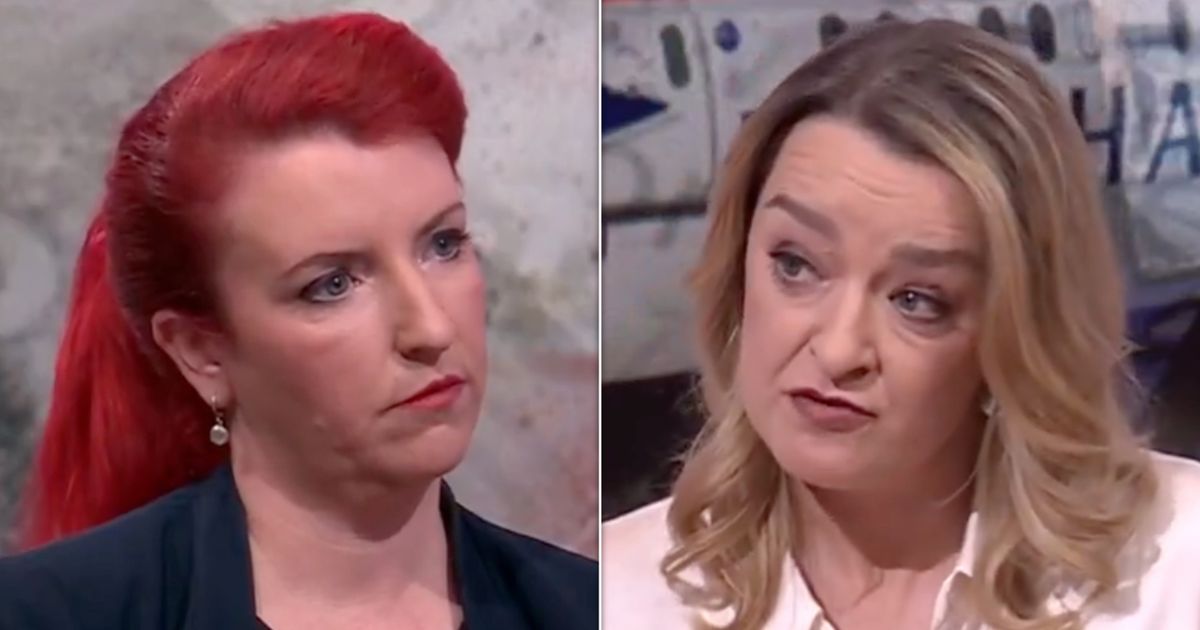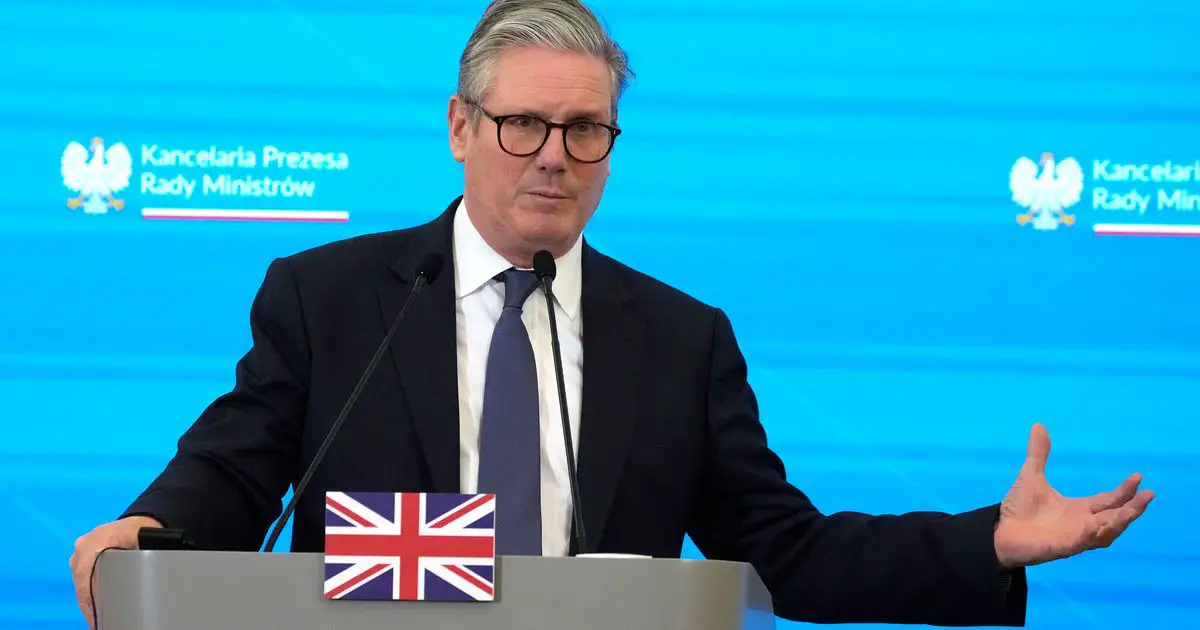
[ad_1]
Laura Kuenssberg put the transport secretary on the spot this morning over Labour’s decision to increase the bus fare cap to £3 by reading out the real-life impact of the move.
The government decided in last month’s Budget that, to help fill the “black hole” the Tories supposedly left in the public finances, they would increase the cap from £2.
The department for transport has now announced £1bn of funding will go on delivering London-style buses nationwide, with an extra £151m going on funding the £3 cap outside of the capital until 2025.
But, as the presenter told Louise Haigh, this still means some people will be worse off.
On Sunday with Laura Kuenssberg, the BBC host began by asking: “Do you admit just it’s logical that will make it more expensive for people to get around?”
“The £2 fare cap was due to finish on 31 December, that was the funding settlement I inherited,” Haigh replied.
She said that Labour then “stepped in” to protect the cap at £3, adding: “That means for rural routes in particular where bus fares could have leapt back up to £13 or £14 in some instances, we are keeping it much lower at £3.”
Haigh also said the government has made sure some operators cannot raise fares more than in line with inflation, so that they would not expect all fares to raise to £3, that is just a maximum amount.
But Kuenssberg pushed: “Protecting the cap, as you put it, means increasing fares for lots of people.”
She then read out of an example from a viewer’s relative, who may now have to pay an extra £15 per week just to get to work as she has to get three buses in her commute.
“Where’s she meant to get the money from?” Kuenssberg asked.
Haigh said it would be more economical to buy a weekly card, but the presenter cut in: “OK, this is a real-life example.
“One of our viewers says in their family they’re going to have to find an extra £15 a week, and that’s money they don’t have. What are they meant to do?”
Haigh just said the government stepped in with £150m to protect the fare at £3, and said the fare should not go up to that full amount in urban areas.
The exchange comes a few weeks after health secretary Wes Streeting claimed the bus cap would have risen to £10 if Labour had not acted.
Haigh also refused to commit to extending the £3 cap beyond 2025, telling Times Radio this morning: “So the fare cap is funded until the 31st of December 2025 and over the next year.
“We’ll work to evaluate how that is having an impact and where the cap should land and what the best intervention is.
“We made the choice to step in and fund the cap at £3 after the 31st of December this year.
“But we’re also making the choice to fund £1 billion worth of local bus services today in this announcement because the major thing that keeps people off the buses is the total lack of reliability.”
[ad_2]
Source link






